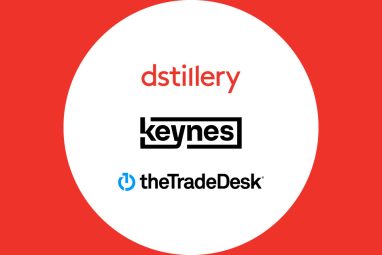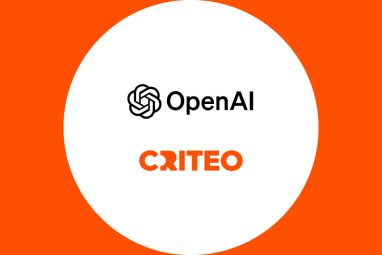Abacus.AI Debuts MLOps and DLOps Platform
Abacus.AI debuts as an end-to-end real-time MLOps and DLOps platform. Customers can stream real-time events, such as clickstream data, social media interactions, online purchases, media views and readings from iOT sensors to Abacus.AI through a streaming API. Abacus.AI will process and transform that data, train deep learning models, and generate contextual predictions in real-time. Real-time deep […]
Topics

Abacus.AI debuts as an end-to-end real-time MLOps and DLOps platform. Customers can stream real-time events, such as clickstream data, social media interactions, online purchases, media views and readings from iOT sensors to Abacus.AI through a streaming API. Abacus.AI will process and transform that data, train deep learning models, and generate contextual predictions in real-time.
Real-time deep learning systems are very powerful and form the core AI models of social media platforms such as Facebook, search engines such as Google, video platforms such as YouTube and mobile apps such as Uber. These systems enable virtuous feedback loops that increase customer engagement and retention. For example, on YouTube, these models recommend live sports videos when a user has just watched an Olympics video and late night comedy clips when their intent changes and they are in the mood to laugh.
With Abacus.AI, all organisations, not just big tech, can build large-scale, real-time enterprise AI systems with ease. Data science teams in these organisations can either use Abacus.AI’s neural architecture search to train models, or specify their models on popular frameworks such as TensorFlow and Pytorch, and let Abacus’s end-to-end AI platform take care of the rest.
Also Read: Top Customer Data Platform Software Apps
Abacus.AI features all the key components of an end-to-end AI service, including easy set up of data pipelines, data cleaning and transformation, model training and hosting, a real-time ML feature store service, model monitoring, and explainability. It follows the principle of keeping simple things simple, while making complex things possible. The service allows ML beginners to build and host simple ML models through an intuitive UI, while advanced ML practitioners and experienced data scientists can leverage APIs, and write python code and SQL queries to build their own models.
The real-time deep-learning system can be used for both supervised and unsupervised learning and can be applied across a variety of use-cases including newsfeed personalisation, personalised search, natural language processing, e-commerce recommendations, predictive maintenance in factories, cloud spend monitoring, and alerting systems that detect unexpected events.
While data science teams have the option to bring their own models, customers can also choose to use Abacus’s expert AI engine to develop custom deep-learning models that are based on the use-case and dataset.
These deep-learning models choose the best neural architecture from an array of different types of NNs including LSTMs, RNNs, Transformers and Variational Auto-encoders. In order to train these custom models, Abacus.AI has invented several new neural architecture techniques. These techniques have been published as research papers at top AI/ML conferences including NeurIPs and ICML.
To-date, over 6,000 customers have used Abacus.AI to train over 20,000 models and several of them, including 1-800-Flowers, Flex, Recorded Books, Daily Look, and Prodege use Abacus.AI in production for several of their AI use-cases.





